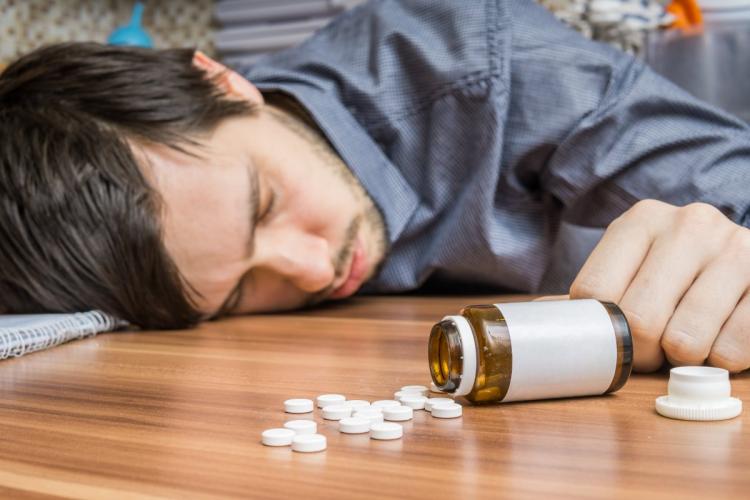For most heart patients, sex is safe. However, patients should still check with their doctor first.
Having a heart attack during sex is a common worry. But the risk is small.
Research suggests that having sex is the equivalent of a brisk walk or climbing two flights of stairs.
In 2015, the Journal of the American College of Cardiology published new research concerning sex and heart attack risk. A group of German scientists worked with 536 people who had had a heart attack. The patients answered questions about sexual activity in the year before their heart attack. Then, the scientists followed their health progress for ten years.
Sexual activity is unlikely to trigger a heart attack, the researchers concluded. Less than 1% of the patients had sex less than an hour before their heart attack. And almost 80% didn’t have sex within the previous 24 hours.
During the ten year follow-up period, there were 100 “cardiovascular events” (such as a heart attack or death from heart disease) among the patients. However, these events were not linked to sex, the researchers wrote.
Still, there are times when heart patients should not have sex. For example, a person with symptoms of heart disease (such as chest pains during light activity or at rest) should wait until the symptoms are stable before having sex.
Patients with uncontrolled high blood pressure, advanced heart failure, recent heart attack, an arrhythmia, or a weak heart muscle should not have sex until a doctor says it’s okay.
Sometimes, doctors recommend restricting sexual activity. This might mean having sex less often, playing a more passive role, or having less vigorous sex to keep one’s heart rate down.
Patients who are concerned about heart health and sexual activity should talk to their doctor. He or she can give the best advice on a patient’s personal situation.
Remember, too, that heart patients who have sexual restrictions can still enjoy intimacy with a partner. Kissing, hugging, touching, and caressing are all ways to be physically close.




















